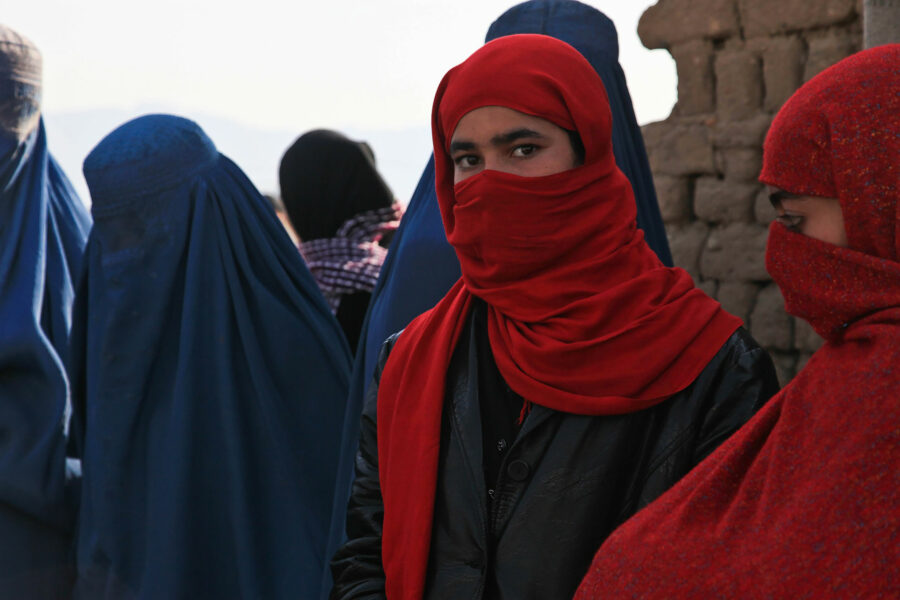The Taliban government has issued “religious guidelines” for Afghan women, including a ban on women actors appearing in television dramas, according to a BBC report.
Issued by the Ministry for the Promotion of Virtue and Prevention of Vice, the rules further order female journalists to wear headscarves on screen. It is to be noted that this new ministry was founded in September and is said to have replaced the women’s ministry in Afghanistan post the Taliban takeover.
The militant-organization took over the country on August 14. After President Ashraf Ghani fled, the Taliban entered major Afghan cities, including Mazar-i-Sharif and Herat. Following the fall of the capital city of Kabul, several people, including filmmakers, fled the country fearing the same oppression faced during the Taliban’s rule in the 1990s.
Afghan filmmaker Sahraa Karimi, who was among those that went into self-imposed exile, wrote an open letter to the international community seeking help for those stranded in Afghanistan and highlighting the problems that women, in particular, could face. The former Taliban regime confined women to their homes and forced them to give up their jobs, while girls were not allowed to attend school, she said. “In just a few weeks, the Taliban have destroyed many schools and 2 million girls are now forced out of school again,” she added.
Karimi, the first female head of the Afghan Film Organization, was replaced by a male chairperson in September.
While Karimi fled to Kiev, Ukraine, another filmmaker Shahrbanoo Sadat took refuge in Hamburg, Germany.
Apart from curbing the freedom of women, the Taliban also has a history of imposing stringent restraints on films and entertainment as well.
Recommended
The militant organisation attacked cinemas when it first took over Kabul in 1996. While thousands of reels were burnt by the Taliban, people like Habibullah Ali, along with his colleagues at Afghan Film, successfully hid over 7,000 reels of footage in various places in the Kabul premises of the institution and saved Afghanistan’s film heritage from extinction.
The new ‘religious guidelines’ that were released on Monday also addressed Afghan broadcasters. They ban films that are considered to be against the principles of Sharia, including the depiction of Prophet Muhammed and other religious figures. Footage of men exposing their bodies is also prohibited.
Comedy and entertainment shows that insult religion or may be considered offensive to Afghans are also forbidden, as are foreign films that promote foreign cultural values.



